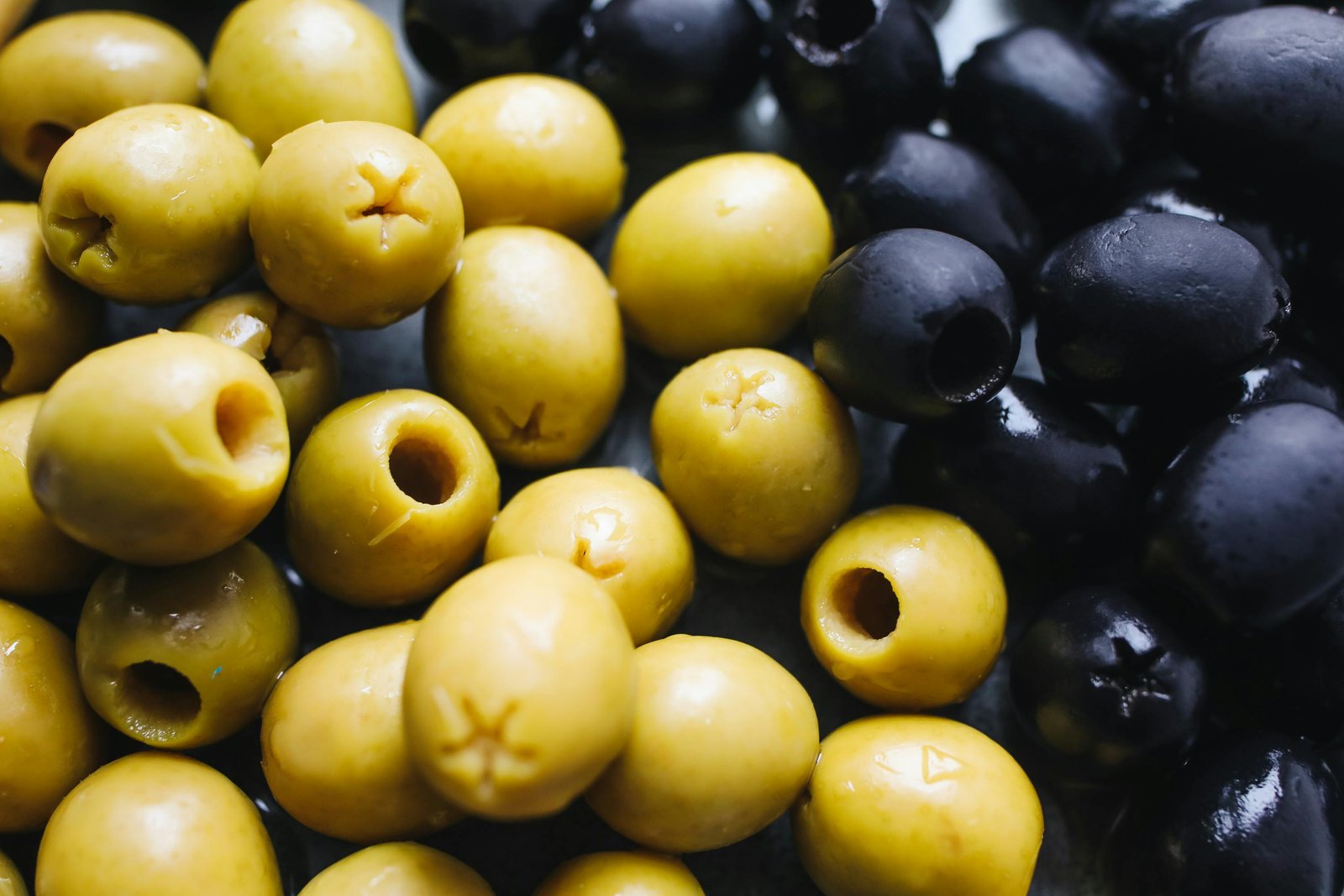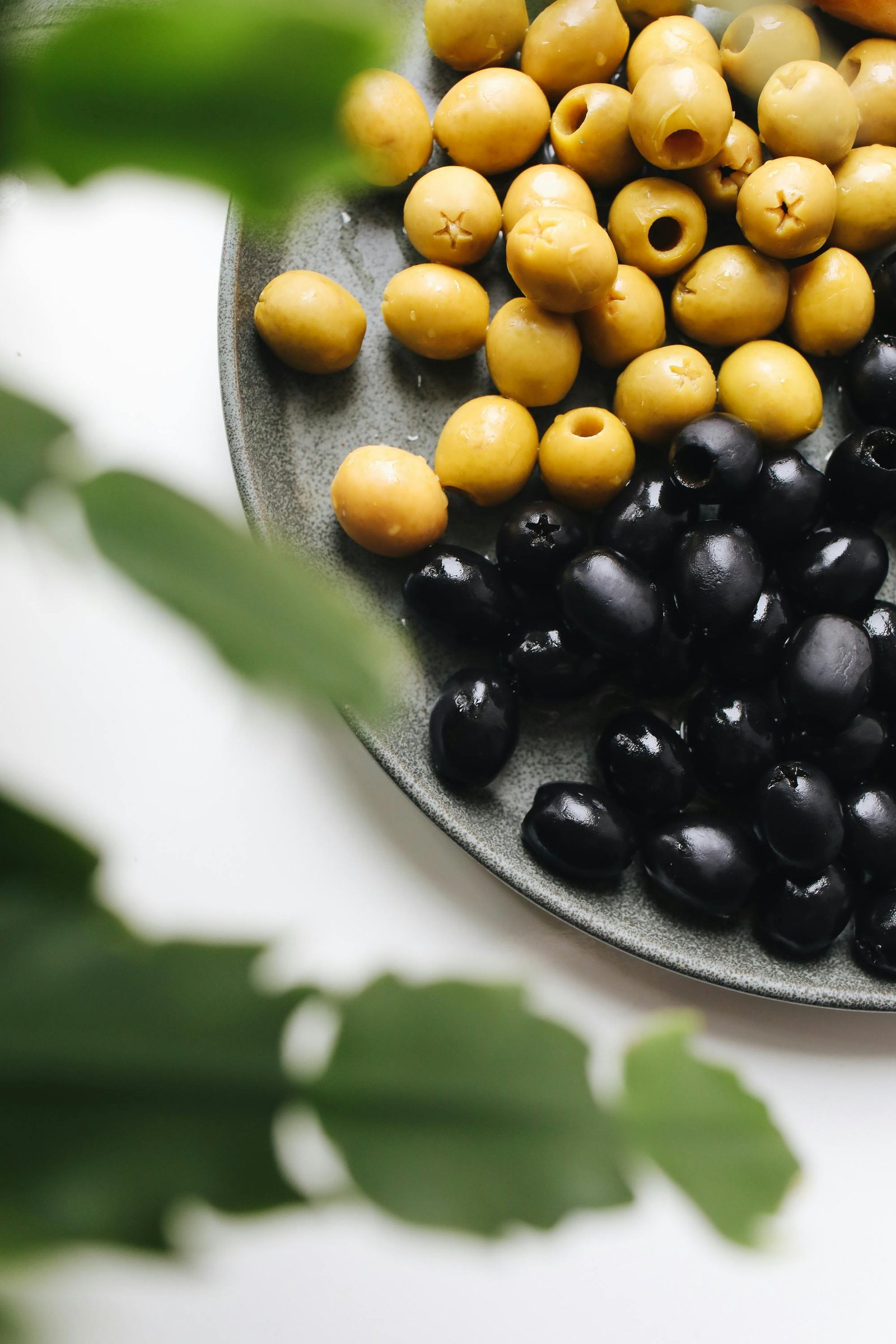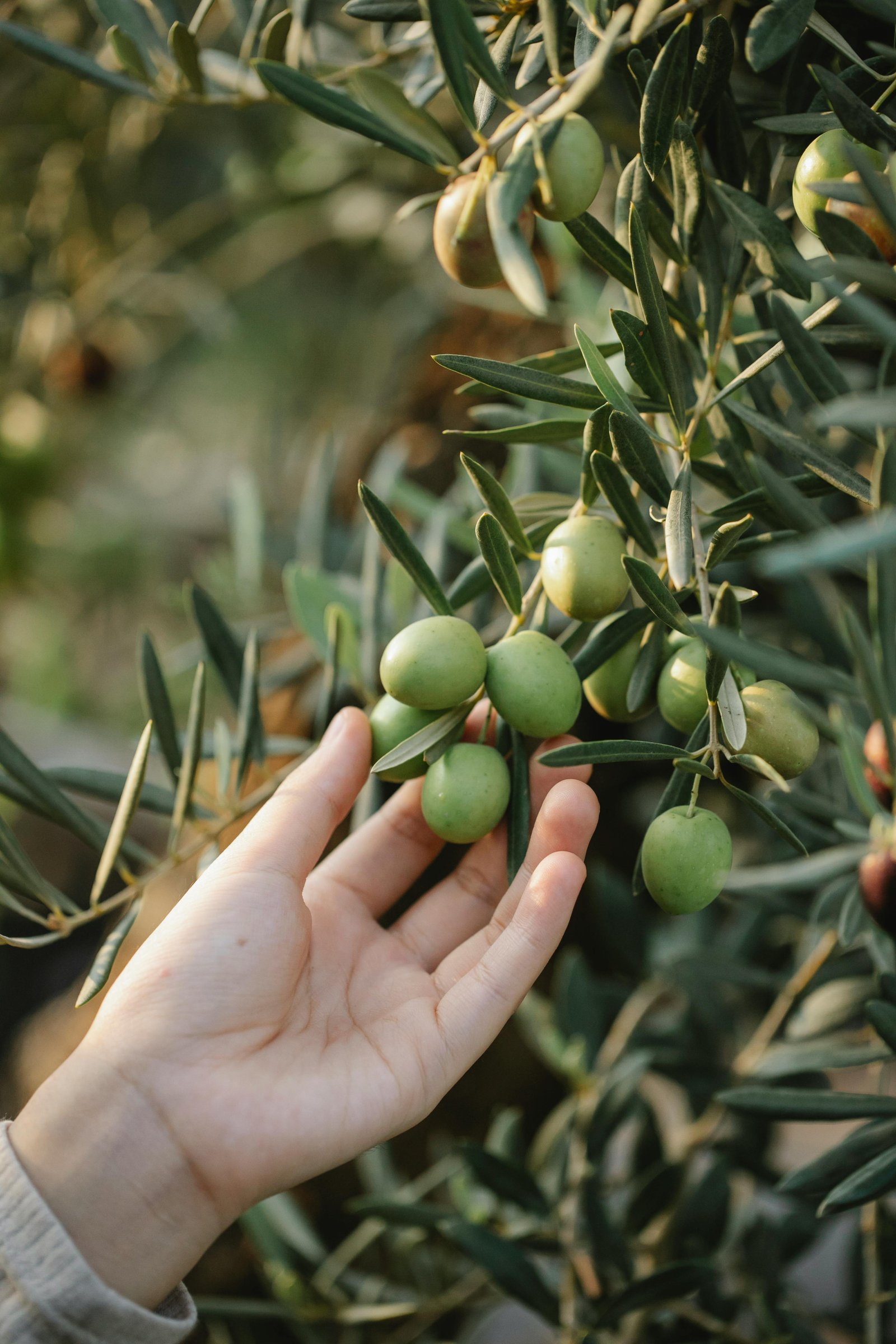
Greek Olives and Heart Health: What Science Says
When it comes to heart health, the Mediterranean diet is often ranked as one of the best. At the center of this lifestyle is a staple ingredient: Greek olives. But beyond taste and tradition, what does modern science say about their role in cardiovascular wellness?
In this article, we explore the heart-protective compounds found in Greek olives, the clinical studies supporting their benefits, and how to include them in your diet for better heart function and long-term health.
🧬 1. Monounsaturated Fats – The Heart’s Best Friend
Greek olives are rich in monounsaturated fats (MUFA), especially oleic acid, which has been shown to:
- Lower LDL (bad) cholesterol
- Increase HDL (good) cholesterol
- Reduce inflammation in blood vessels
💡 Fact: According to the American Heart Association, replacing saturated fats with MUFAs like those in olives can significantly reduce heart disease risk.
🧪 2. Polyphenols and Antioxidants
Greek olives are loaded with powerful polyphenols, including:
- Oleuropein
- Hydroxytyrosol
- Tyrosol
These compounds protect the endothelial lining of your arteries and neutralize oxidative stress — a major cause of heart disease.
🥼 Study Highlight: A 2020 clinical review found that consuming olive polyphenols daily led to improved arterial flexibility and blood pressure.
🔬 3. Anti-Inflammatory Effects
Chronic inflammation is a known contributor to heart disease. Greek olives help fight inflammation due to:
- Their antioxidant profile
- Vitamin E content
- Natural omega-9 fatty acids
🫒 Fun Fact: The darker the olive (e.g., Kalamata), the higher its antioxidant load, making it especially effective for anti-inflammatory benefits.
🧂 4. Sodium: A Double-Edged Sword
While olives are heart-healthy in many ways, they can be high in sodium, especially if heavily brined. Excess salt can raise blood pressure — a key risk factor for cardiovascular issues.
Tips to manage sodium:
- Rinse jarred olives before eating
- Choose olives stored in water or light brine
- Eat in moderation (5–10 olives per day)
🥗 5. How to Eat Greek Olives for Heart Health
The key is balance and consistency, not excess.
Simple ideas:
- Add olives to salads dressed with extra virgin olive oil
- Mix with legumes like lentils or chickpeas
- Use chopped olives in whole grain dishes like bulgur or quinoa
- Pair with omega-3 rich fish like salmon or sardines
✅ Always choose unprocessed, cold-brined, and preferably organic Greek olives.
🧾 FAQ
Are Greek olives good for high blood pressure?
Yes, when consumed in moderation and rinsed to reduce sodium. The antioxidants and healthy fats help manage blood pressure levels.
Can I eat olives every day for heart health?
Yes — 5–10 olives a day as part of a balanced Mediterranean-style diet is beneficial for most people.
Are green or black olives better for heart health?
Both are good. Darker olives (like Kalamata) have more antioxidants, while green olives (like Halkidiki) are typically firmer and lower in calories.
Do olives thin your blood like aspirin?
Olives don’t act exactly like aspirin, but their polyphenols have natural anti-platelet properties that may reduce clot formation.
🔗 Conclusion
Greek olives are more than a tasty addition to your plate — they’re a natural ally in the fight against heart disease. Rich in monounsaturated fats, antioxidants, and anti-inflammatory compounds, they deserve a daily spot in your diet.
💚 Want to experience the health benefits for yourself?
→ Explore our Buy Greek Olives Online guide to get started with authentic, heart-healthy options.



